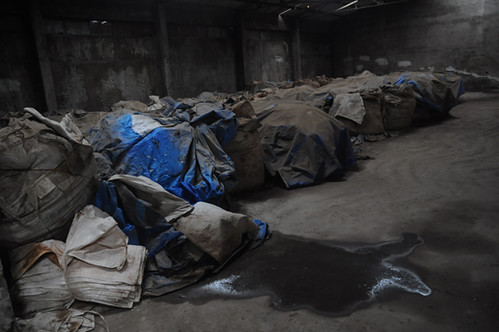CSE Action Plan: environmental remediation in and around Union Carbide (UCIL), Bhopal
CSE Action Plan: environmental remediation in and around Union Carbide (UCIL), Bhopal
Three decades after it was shut down, the Union Carbide factory in Bhopal continues to be a real danger to the people of Bhopal and there is large-scale contamination in soil and water of the area where the factory is located. Read this action plan prepared by CSE for ridding the site of contamination in five years.
During 1969-84, Union Carbide India Limited (UCIL) mainly produced three pesticides namely sevin (carbaryl), temik (aldicarb) and sevidol, which is a formulation of carbaryl and gammahexachlorocyclohexane (γ-HCH).
 All these years, the toxic wastes and products were being dumped at certain area inside the plant and outside in the solar evaporation pond (SEP). The UCIL plant was shut down after the gas leakage disaster in 1984 and the highly toxic waste dumped has been lying in the plant premises and SEP ever since.
All these years, the toxic wastes and products were being dumped at certain area inside the plant and outside in the solar evaporation pond (SEP). The UCIL plant was shut down after the gas leakage disaster in 1984 and the highly toxic waste dumped has been lying in the plant premises and SEP ever since.
Over the years, this waste has been a continuous source of soil and groundwater contamination and therefore a cause of serious public health concern for residents in the surrounding areas. There have been several studies to assess the level of contamination and outline the fate of the UCIL site. Governments at the state and center along with judiciary at the highest level are involved to address this issue of contamination and remediation. However, the situation at the ground has not changed to the satisfaction of the local people and the scientific community at large. Centre for Science and Environment (CSE) analysed about 15 studies conducted over the last twenty years to assess soil and groundwater contamination in and around the UCIL site.







